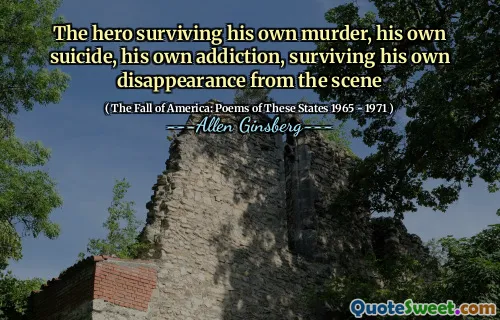Hackberry tried to convince himself that Collins was dead, his body long ago eaten by coyotes or lost inside the bowels of the earth. Regardless, Hackberry told himself, Collins belonged in the past or the place in the collective unconscious where most demons had their origins. If evil was actually a separate and self-sustaining entity, he thought, its manifestation was in the nationalistic wars that not only produced the greatest suffering but always became lionized as patriotic events.
Hackberry grapples with the haunting thought of Collins, trying to reassess his reality by convincing himself that Collins is dead and gone, possibly consumed by nature. He reflects that Collins should be left in the past, or at least in the depths of human consciousness where many inner demons reside. This internal struggle illustrates Hackberry's attempt to distance himself from the influence of evil and past trauma.
Hackberry contemplates the nature of evil, seeing it as an entity that thrives within the context of nationalistic conflicts. He perceives these wars not merely as battles, but as events wrapped in a facade of patriotism that inflict the most profound suffering. This perspective highlights Hackberry's understanding of the deeper, insidious workings of evil in society and its impact on human lives.





